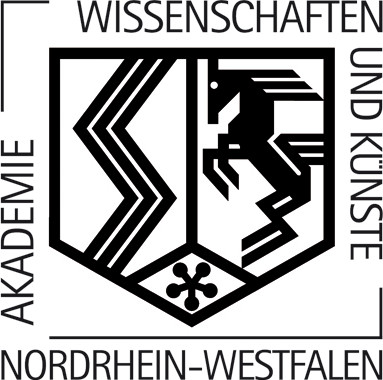The Science of Sortilege. Divinatory Truth in the Late Roman and Early Medieval West
JbAC 61 (2018) Seiten: 276-286
In a recent study of Afro-Cuban divination, Martin Holbraad argues that Ifá diviners, babalawos (fathers of secrets), consider the truth of divination to be such, that unless it is true, it cannot be called divination1. His argument holds that in the Ifá system, divinatory truth does not consist of representations or propositions that can be affirmed or denied, but rather of indubitable ›non-representational‹ truth2. The present paper uses this notion of divinatory truth – the divine will, in Christian terms – to investigate the practice of lot divination in North Africa and Western Europe between the late fourth and early eighth centuries. It focuses both on the technical, scientific (truth-seeking) qualities of divinatory procedures themselves and on the indubitable truth they were believed to produce.

